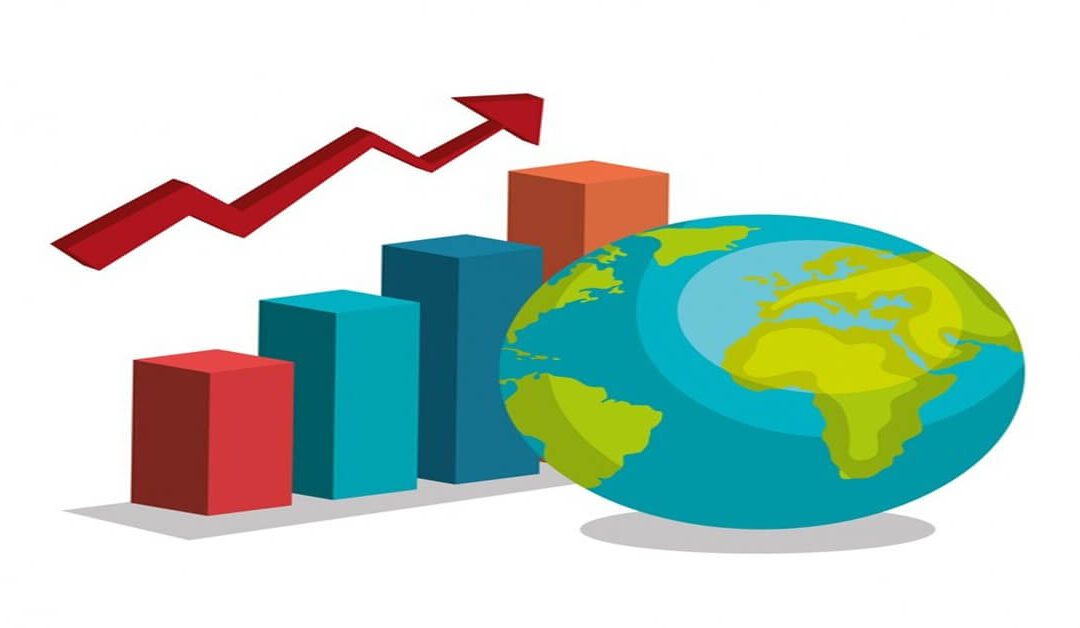
Meaning, Types and Scope Macroeconomics
What is Macro Economics?
Macroeconomics is a branch of economics that examines the performance, structure, and behavior of an entire economy. It focuses on broad factors such as inflation, economic growth, unemployment, national income, and the overall performance of markets, industries, and governments.
Unlike microeconomics, which studies individual behaviors like how households or businesses make decisions, macroeconomics takes a “big picture” approach to understand how economies operate on a national and global scale.
Types of Macroeconomics
Macroeconomics is broadly divided into two main categories:
1.Descriptive Macroeconomics
* Focuses on analyzing real-world data and statistics to describe the current state of an economy.
* Examples include studying the GDP of a country or measuring inflation rates.
2.Theoretical Macroeconomics
* Explores the principles and theories that explain how economies work.
* Key frameworks include models like Keynesian economics and Classical economics that predict and explain economic behaviors.
Scope of Macroeconomics
Macroeconomics covers several important aspects of the economy, including:
1. Economic Output and Growth
* Studies the Gross Domestic Product (GDP) to measure the total value of goods and services produced in an economy.
* Analyzes factors driving economic growth, such as investments, innovation, and resource allocation.
2. Inflation and Deflation
* Examines changes in the general price level of goods and services.
* Inflation indicates rising prices, while deflation reflects falling prices. Both have significant impacts on purchasing power and economic stability.
3. Unemployment
* Looks at the causes and effects of unemployment in an economy.
* Focuses on reducing unemployment rates through effective policies and job creation.
4. National Income
* Measures the total income earned by a nation’s residents.
* Includes components like wages, profits, and investments.
5. Monetary and Fiscal Policies
* Studies how government policies, like adjusting tax rates or altering interest rates, influence the economy.
* Aims to maintain a balance between growth, inflation, and employment.
6. International Trade and Globalization
* Examines the flow of goods, services, and capital across borders.
* Focuses on exchange rates, trade deficits, and the impact of globalization on national economies.
Why is Macroeconomics Important?
Macroeconomics plays a vital role in understanding the functioning of an economy and helps policymakers, businesses, and individuals make informed decisions. It addresses questions like:
* What drives economic growth?
* How can we reduce unemployment?
* What causes inflation, and how can it be controlled?
By studying macroeconomics, students can develop a deeper understanding of global economic challenges and contribute to shaping effective solutions.
In Conclusion
Macroeconomics is a fascinating and essential field of study that explores the complex interactions of economic variables at a large scale. From managing inflation to fostering economic growth, the scope of macroeconomics extends across all aspects of modern society, making it an invaluable tool for analyzing and improving the world we live in.
